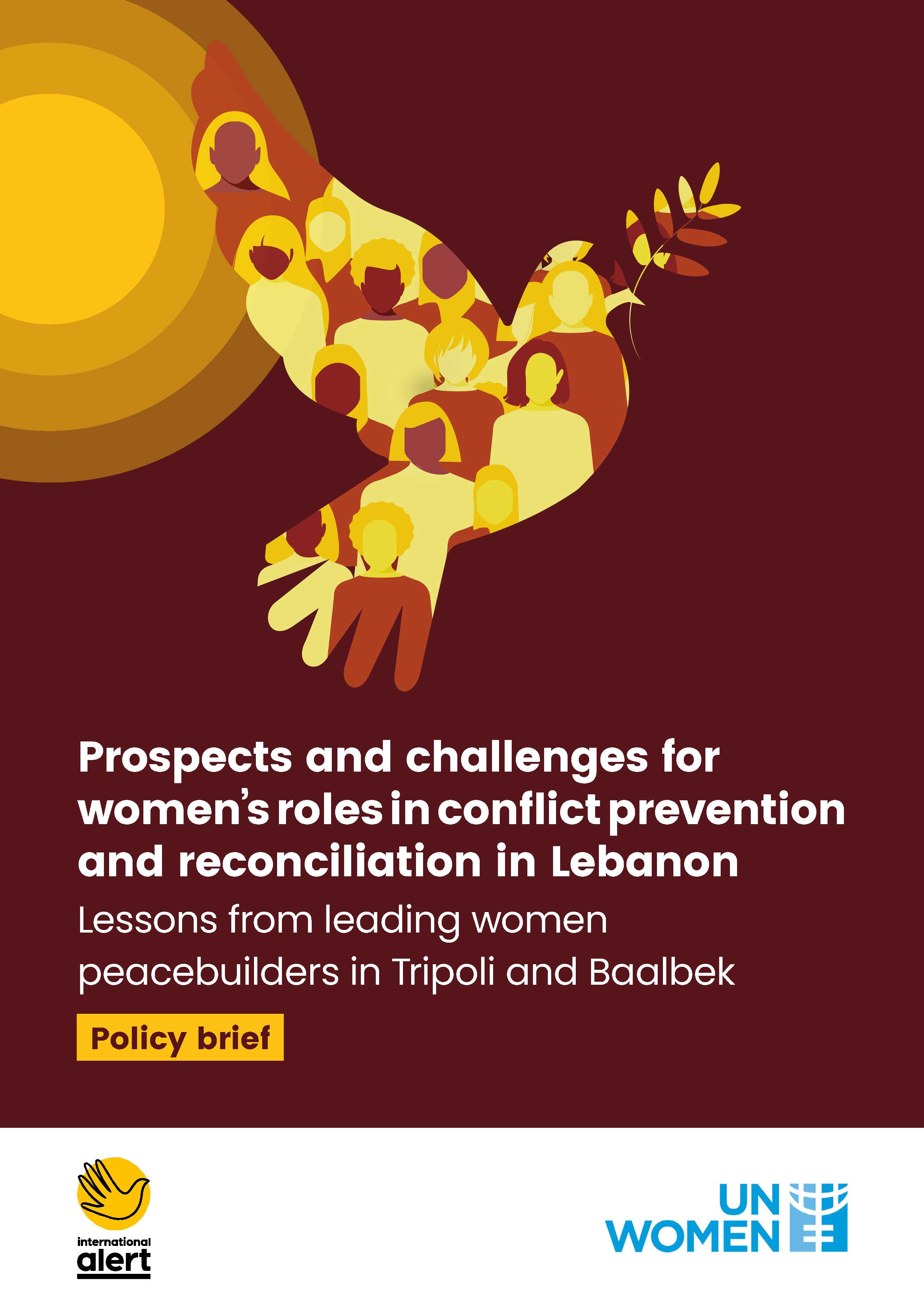
Prospects and challenges for women’s roles in conflict prevention and reconciliation in Lebanon: Lessons from leading women peacebuilders in Tripoli and Baalbek

In 2021, Alert, with the support of UN Women, conducted a gender-sensitive conflict analysis, zooming in on Tripoli and Bekaa, with generous funding from the Government of UK. This analysis has demonstrated how unresolved issues from the past, and particularly the civil war, are compromising peace and reconciliation processes and limiting women’s central role in these processes. It also found that women, young women, and young men coming from lower socioeconomic classes and peripheral areas are distinctly disenfranchised from meaningful participation in peace and security. Furthermore, gender, class, age, and nationality continue to be points of division & tension among communities in Lebanon that are often triggered by memories from the civil war. Thus, hindering cross-community and intergenerational dialogue exchanges and the capacities of women to lead community groups to build bridges across divides and work towards a collective peace memory.
The policy brief is based on both the analysis carried out within the framework of the Creating Spaces for Women Peacebuilders project, lessons learned from its implementation, and on the perspectives and experiences of the women’s networks that participated in the project. The brief lays out the lessons learned from this project in terms of advancing the WPS agenda, dealing with the gendered impacts of the Civil War, and growing spaces for women-led conflict prevention in Lebanon. It was developed in English, then translated into Arabic, using a gender-sensitive translation method, to reach the biggest number of audience in Lebanon and the Arab region.